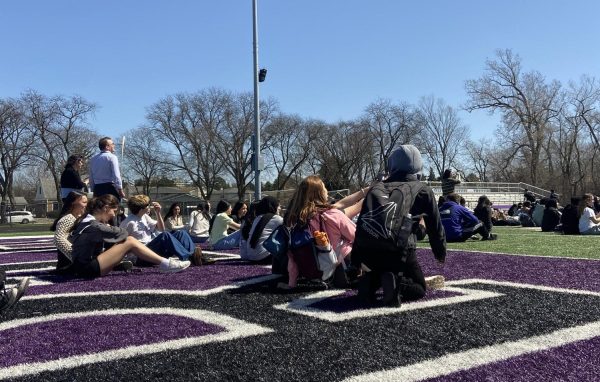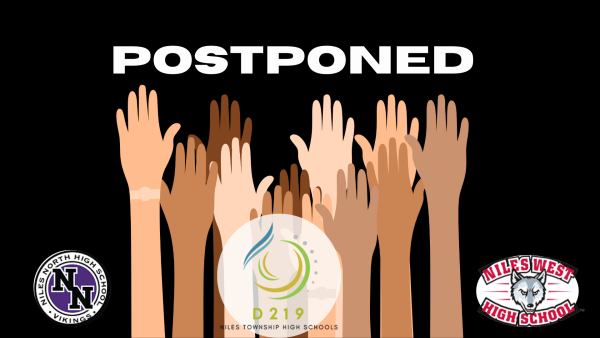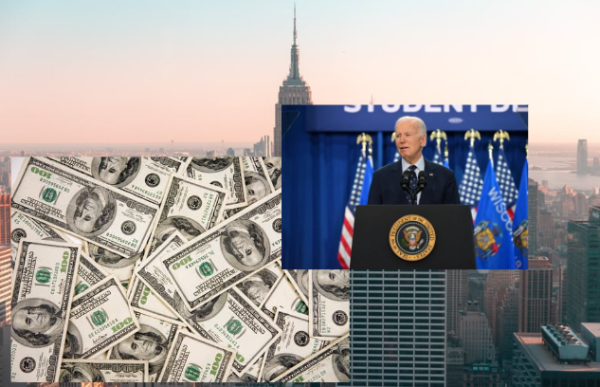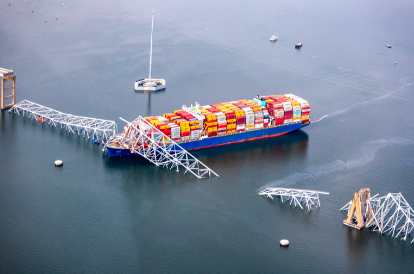Nobel Peace Prize awarded to Eastern European activists for human rights
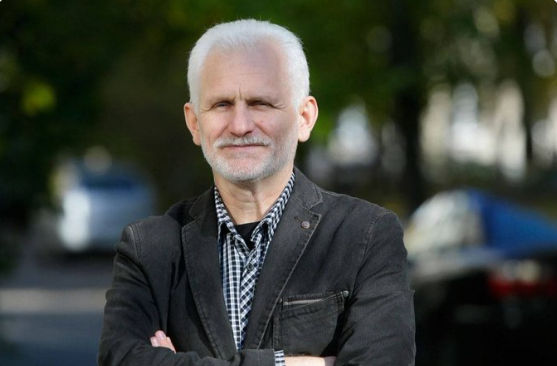
Belarusian human rights activist Ales Bialiatski received the Nobel Peace Prize. He’s been behind bars for over a year.
The Nobel Peace Prize was awarded to ex-prisoner and activist Ales Bialiatski, along with a Russian group and a Ukrainian organization for human rights on October 7.
These groups won along with Bialiatski for their support and defense of democracy and human rights. On that day, Chair of the Norwegian Nobel Committee Berit Reis-Andersen spoke of the importance of the Nobel Peace Prize and those who won it just before announcing the aforementioned winners.
“The Peace Prize laureates (the awarded) represent civil society in their home countries. They have for many years promoted the right to criticise power and protect the fundamental rights of citizens. They have made an outstanding effort to document war crimes, human right abuses and the abuse of power. Together they demonstrate the significance of civil society for peace and democracy.” This speech and the history of the laureates is detailed on nobelprize.org, including the imprisonment of Bialiatski in the 2010s.
Social Studies teacher Ms. Pommerenke-Schneider is well-versed in Bialiatski’s political and activist history. She shared her opinions on Bialiatski’s accord.
Putin is trying to create this dictatorial, authoritarian world and there are no civil liberties in Russia…I’m glad they’re trying to give Russians a type of democracy that they won’t have under Putin.
— Ms. Pommerenke-Schneider, Social Studies teacher
“…I think it’s absolutely necessary in the times we live that we stand up for human rights, [which] needs to be praised especially in certain areas of the world, I.E., Russia and the Philippines. So, when it comes to Russia, we know that [Russian President] Putin has taken away independent thought, free choice, and freedom of expression” Pommerenke-Schneider said. “Putin is trying to create this dictatorial, authoritarian world and there are no civil liberties in Russia…I’m glad they’re trying to give Russians a type of democracy that they won’t have under Putin.”
With how struggles and conflicts are going on in Europe, the future is uncertain, especially with the war in Ukraine. But if Ukraine comes out victorious, a chain reaction of countries wanting complete sovereignty and independence may follow. If enough people and leaders help Eastern European nations in strife, this future may soon become a reality.
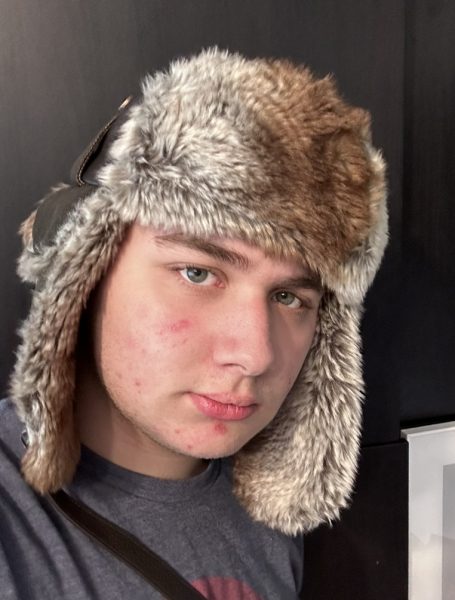
James "Jimmy" Ryan Prizant is a junior at Niles North. In his free time he enjoys bowling, scrolling and chatting through socials, and listening to '80s...


